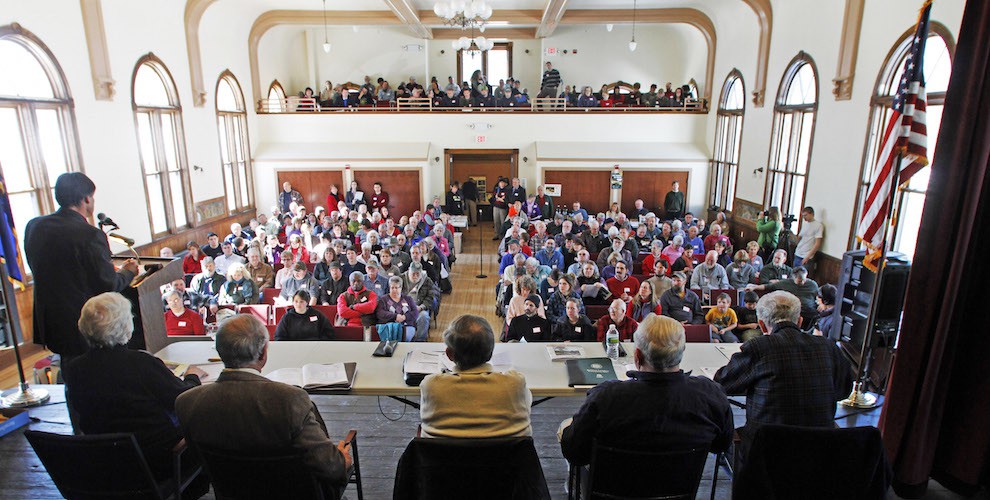It is March 27, 1977, and two 747 jets prepare to take off at the airport on the island of Tenerife. The captain of one of the planes, Jacob Van Zanten, has nearly rock-star celebrity status among airline pilots. He is a leader in his profession, and his face is used in advertisements for KLM, the company he flies for.
Van Zanten awaits instructions at the end of the runway. “Okay”, says the tower controller, “Stand by for takeoff”. Van Zanten hears the word “Okay”, and begins to rev the engines and proceed down the runway. He does not hear “Standby for takeoff”, because he is distracted. Because of heavy fog, Van Zanten doesn’t know that another 747 is already on the runway. . “Let’s go”, Van Zanten says.
Behind Van Zanten, in the navigator’s chair, the second officer has realized that Van Zanten is mistaken. He has time to correct the error, but he does not. A subsequent investigation concludes that the second officer felt too junior to the highly-esteemed Van Zanten, so he stays quiet. Van Zanten’s plane collides with another 747 on the runway, and 583 people died.
As a leader of the community foundation, you are not making decisions that are a matter of life or death. But you make decisions every day, and not all of your decisions will be the right ones. If you have a well-functioning team, you might have one or more staff members who are willing to challenge you, to tell you when you might have made a mistake.
The value of just such a staff member is examined in a new book, The Fearless Organization, by Amy Edmondson, a professor at Harvard Business School. Professor Edmondson says that organizational leaders need to make sure that their staff operates in an environment of “psychological safety”.
Psychological safety is broadly defined as a climate in which people are comfortable expressing and being themselves. In a psychologically safe workplace, people are not hindered by “interpersonal fear”; they feel willing and able to take the inherent personal risk of candor.
In the community foundation field, this attribute can be particularly useful. You are perceived as controlling a large amount of grant funding each year (though, in fact, you don’t – your grant review committee or board handles that). Yet very few people are willing to challenge you, to let you know you are wrong, to tell you that you have made a mistake. This makes a staff member who is willing to be candid with you all the more valuable.
Over my 22 years as a community foundation executive director, heaven knows I made my share of mistakes. The best outcome, however, came when a staff member was willing to challenge me, to second-guess me, to get me to understand that I had been wrong. I grew as a leader, and our foundation was better off because I was able to see my error, and correct it.
So the next time a staff member challenges a decision you have made, listen carefully. Their willingness to speak up can be a learning opportunity for you, and can help you towards your goal of creating a great community foundation.
